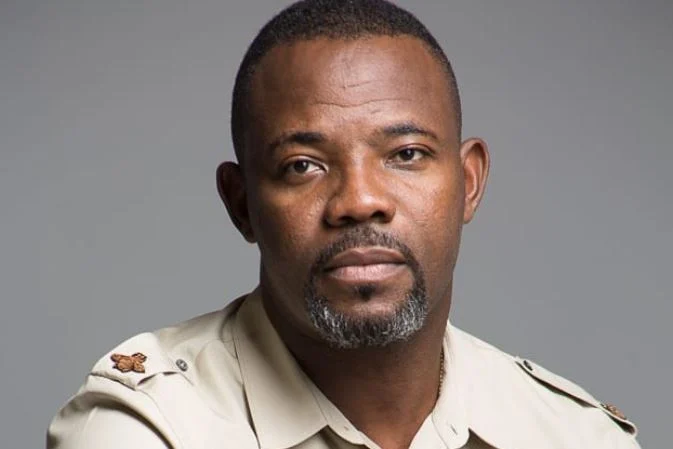In a thought-provoking discussion on the Honest Bunch Podcast, prominent Nigerian comedian and actor Okey Bakassi ignited a significant debate about the nature of marriage and relationships in Africa. Bakassi made a bold assertion that polygamy may be a more suitable marital arrangement for the continent, even going as far as to declare that monogamy is not functioning effectively for many individuals. He suggested that numerous people are living in the illusion of happiness within monogamous unions while internally struggling with the constraints such arrangements impose. This commentary underscores the cultural complexities surrounding love and partnership in African societies where both marriage forms are prevalent, and it invites listeners to rethink traditional narratives about romantic commitments.
Bakassi elaborated on his perspective by contrasting polygamous and monogamous relationships. In his view, the primary distinction between the two lies in the ability to engage in multiple partnerships simultaneously within a polygamous framework, as opposed to monogamous constraints that require individuals to choose one partner and forgo others. His rhetoric challenged listeners to consider the emotional and relational ramifications of staying in a monogamous relationship that may not satisfy an individual’s needs or desires. This thought process encourages an exploration of how societal expectations and norms shape personal happiness and contentment within intimate relationships.
As part of his argument, Bakassi expressed the notion that societal pressures often lead individuals to feel compelled to adhere to monogamous ideals, even if those relationships are not fulfilling. He implied that culturally ingrained beliefs about love and commitment could mislead people into believing they are happy in monogamous marriages when, in truth, they might be longing for more freedom or connection. This assertion is particularly significant in an African context, where traditional values often emphasize the importance of marriage as a lifelong commitment and a societal hallmark of success and stability.
The conversation opened up avenues for critical reflection on the changing dynamics of relationships in modern African societies. As globalization and modernization influence cultural practices, couples may increasingly find themselves questioning longstanding traditions. Bakassi’s perspective serves as a catalyst for discussing whether the historical preference for monogamous relationships still holds relevance or if an acknowledgment of polygamy might provide a more nuanced understanding of love and fidelity, allowing individuals to forge relationships that are genuinely reflective of their desires.
Moreover, Bakassi’s comments invite consideration of gender dynamics within these marital frameworks. Although polygamy has historically been a practice often associated with men taking multiple wives, the conversation could shift towards how both men and women experience relational satisfaction within various forms of marriage. Exploring the feminist perspective within this dialogue can center women’s agency and perspectives in polygamous arrangements as well, challenging the notion that one marital structure is inherently better than the other, depending on the context and individual preferences.
Ultimately, Bakassi’s statements highlight a broader conversation about the relevance and effectiveness of marriage customs in the contemporary African landscape. His assertions challenge people to question the authenticity of their relationships and the societal norms that dictate the forms they should take. By framing polygamy as a legitimate and potentially fulfilling option, Bakassi advocates for a re-evaluation of what constitutes a successful marriage in today’s world, encouraging individuals to pursue personal happiness rather than conforming to restrictive societal expectations tied to monogamy. This dialogue has the potential to reshape perceptions and expectations surrounding marriage, fostering a more inclusive discussion about love and partnership in Africa.


